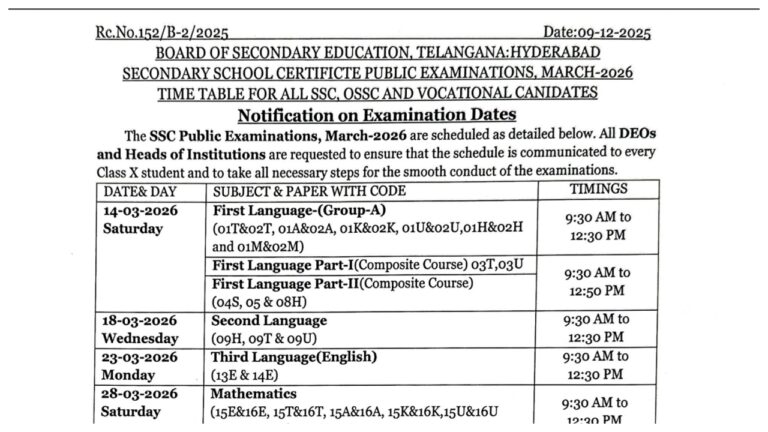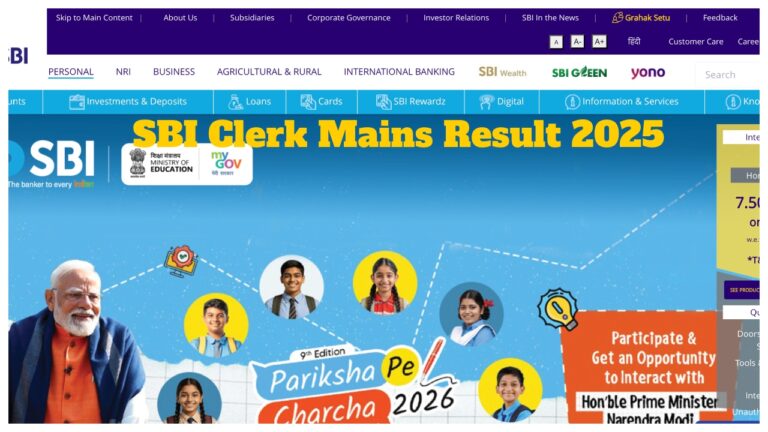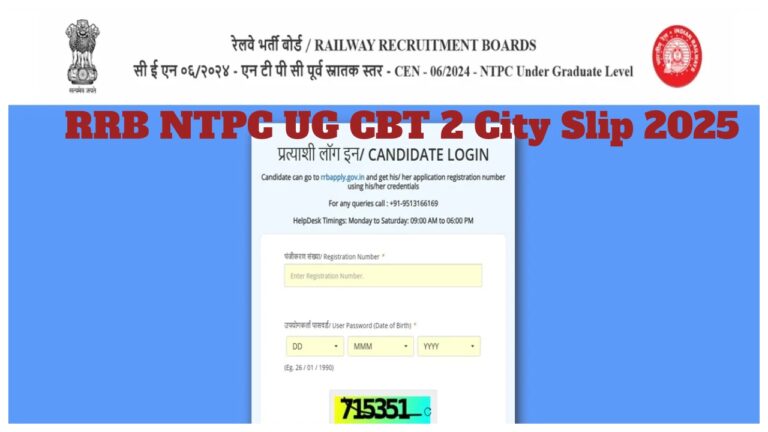As time goes on, the number of online scammers is increasing. But have you ever thought that how does all your information reach scammers who cheat people in different ways through online scamming? Scammers are becoming increasingly savvy, gathering everything from your bank details to your online shopping habits to ensnare you in their traps. One prevalent scam in India right now is the ‘Digital Arrest’ scam, which has already victimized many individuals.
People are losing significant amounts of money, mistakenly believing they are involved in a legitimate process. A recent analysis by the US Office on Drugs and Crime (covering South East Asia and the Pacific) has shown that these cybercriminals are operating like a well-organized industry, with many hailing from South East Asia. John Wojcic, a regional analyst at UNODC (United Nations Office on Drugs and Crime), noted the rise of a new model termed ‘crime as a service.’ The integration of AI, cryptocurrency, and underground online markets is fueling this growth.
So, how do scammers obtain your information?
Before the pandemic, they often relied on random dialing or used stolen databases. Nowadays, they can acquire phone numbers linked to names more affordably than ever. Scammers pay a small monthly fee to access updated lists of names and numbers.
It’s crucial for people to understand that their personal information is readily available online and is being exploited on an industrial scale. We are entering a post-privacy era where what was once considered sensitive information is no longer protected. Lists containing names, addresses, and more are often sourced from platforms like Facebook and Instagram. Apps have extensive access to your phone’s data, including contacts, emails, locations, and calendar events. This data is collected, packaged by social media providers, and sold to third parties, who then sort and resell it.
In recent years, many social media users have found themselves inundated with texts, calls, and spam from scammers. By clicking “I agree,” you essentially consented to share your phone number, making it accessible online.
So, how can you safeguard yourself?
Consider stepping back from social media. If necessary, change your phone number, and try to avoid choosing a new one that might be easily linked to someone active on social media. You might be skeptical, but I encourage you to investigate for yourself. There’s plenty of evidence available online. Start by searching your name or phone number on Google, and do the same for someone you know who isn’t on social media.










